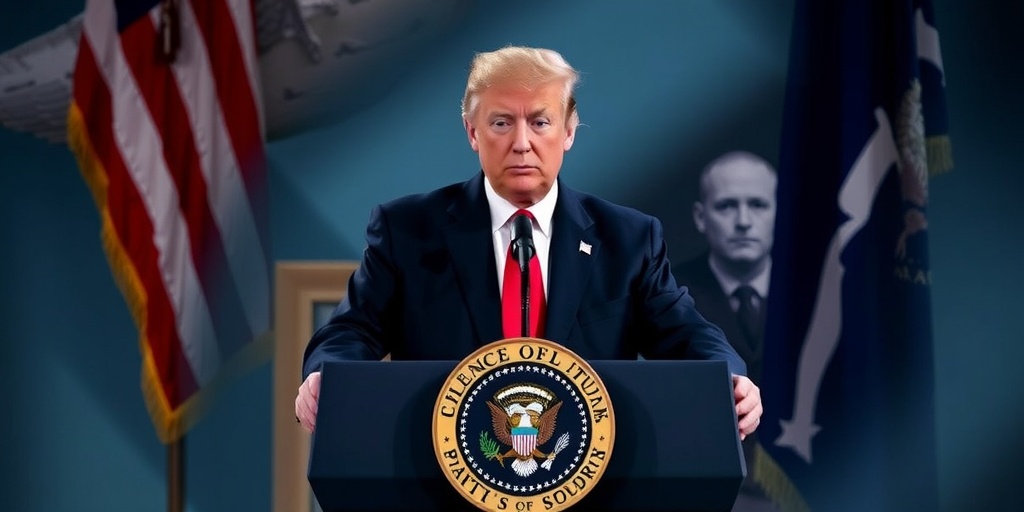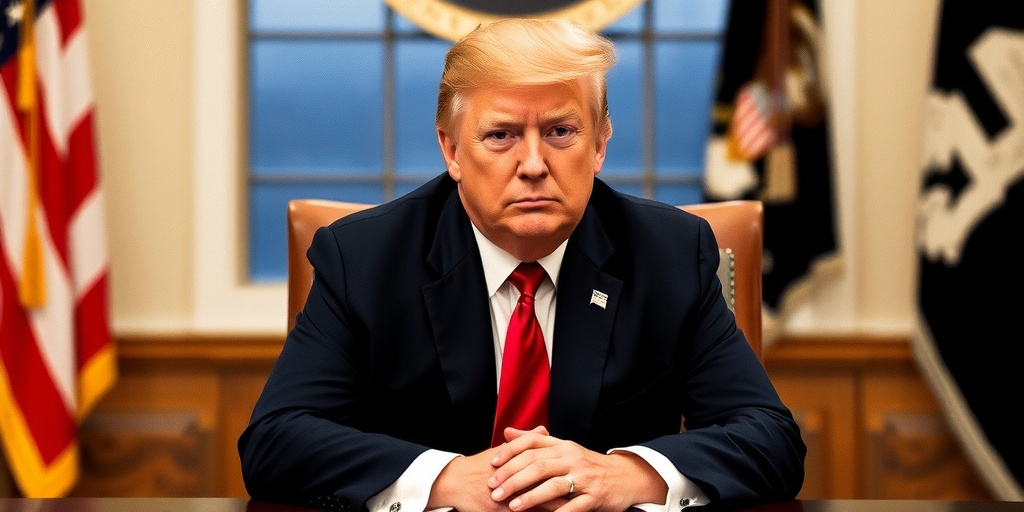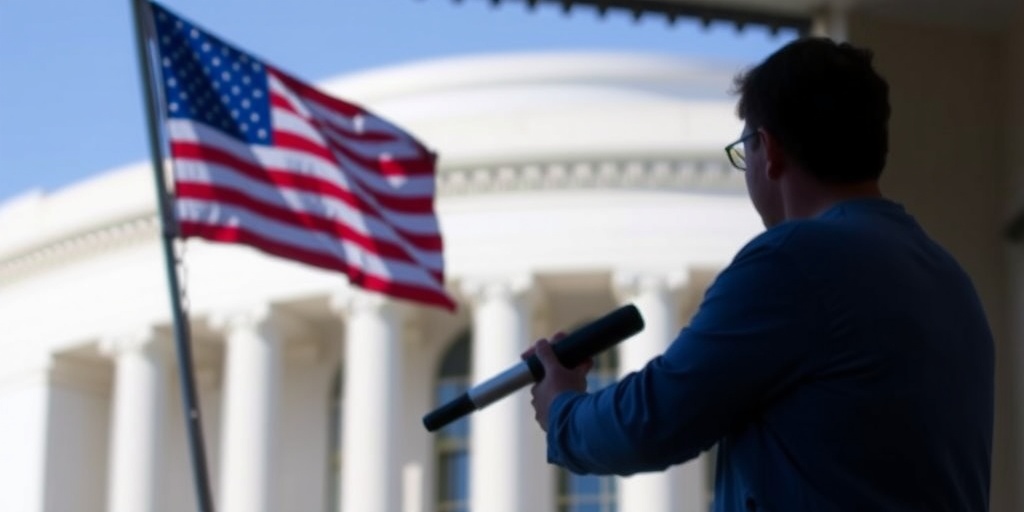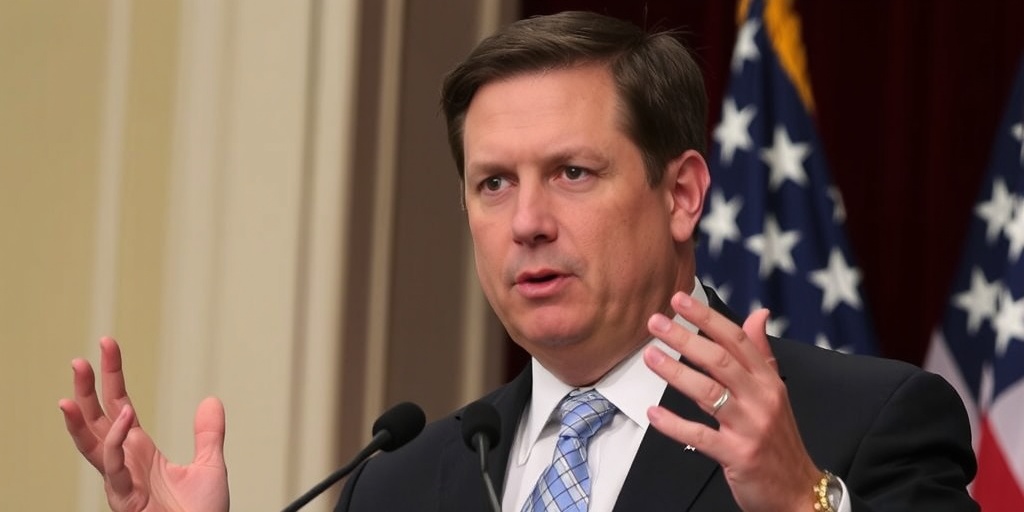Now Reading: Deputy Transportation Secretary Nominee Criticized for Boeing Oversight
-
01
Deputy Transportation Secretary Nominee Criticized for Boeing Oversight
Deputy Transportation Secretary Nominee Criticized for Boeing Oversight
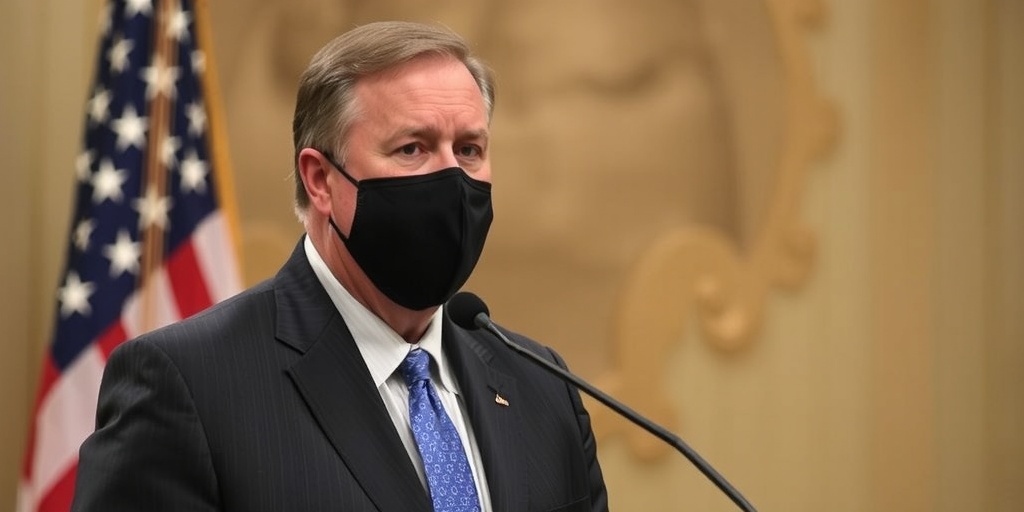
Senate Confirmation Hearing for Steven Bradbury Raises Concerns Over Boeing Investigations
In a tense confirmation hearing on Thursday, Democratic senators scrutinized Steven Bradbury, President Trump’s nominee for deputy secretary of the Transportation Department, particularly focusing on his involvement in the congressional investigation related to two tragic Boeing Max plane crashes that occurred in 2018 and 2019. They also examined his safety record from his previous tenure at the agency.
The context of the investigation lies in Bradbury’s role as the general counsel of the Transportation Department from late 2017 to January 2021, during which time significant concerns regarding the safety of Boeing aircraft, particularly the 737 Max, arose. These incidents led to widespread criticism and calls for accountability, especially following two crashes—Lion Air flight 610 and Ethiopian Airlines flight 302—that resulted in the loss of 346 lives. Under the direction of Senator Roger Wicker, who was then the chairman of the Senate commerce committee, an investigative report indicated that Bradbury’s office had obstructed congressional inquiries. It was reported that his office actively prevented interviews with Federal Aviation Administration (FAA) employees possessing crucial information and withheld documents that the committee had requested.
The senators’ discontent was palpable, with the report explicitly stating that due to Bradbury’s office’s interference, investigators faced significant challenges in directly engaging with the FAA concerning crucial document requests and pertinent inquiries, despite numerous follow-ups and assurances.
Senator Maria Cantwell from Washington questioned Bradbury about his method of applying the law selectively during his time in the department, suggesting that he had predetermined outcomes aligning with political agendas. She pointed out his involvement in the rollback of safety regulations under the guise of enhancing regulatory reforms during Trump’s presidency. "You were responsible for overseeing the department’s regulatory actions and implementing President Trump’s regulatory reform agenda,” she remarked, emphasizing concern that Bradbury’s actions compromised aviation safety.
In response, Bradbury defended his previous service, asserting that his office was inundated with congressional information requests at the time of the Boeing investigations. He insisted that the primary objective was to ensure completeness and accuracy in the agency’s responses rather than deliberately block or impede congressional oversight. "What we were doing was attempting to facilitate the response to the oversight requests, not impede them," he stated.
Should he receive confirmation, Bradbury would play a pivotal role in managing the operations of the Transportation Department, including oversight responsibilities for the FAA. Notably absent from the hearing was Senator Wicker, leaving uncertainty about whether the issues stemming from the Boeing investigation would influence his support for Bradbury’s nomination.
The hearing spanned 90 minutes, during which Bradbury addressed various issues surrounding aviation and roadway safety. He signaled a willingness to consider raising the commercial pilot retirement age but hesitated when it came to mandating safety technologies for autonomous vehicles. Additionally, he faced questions regarding his ties to Project 2025—a conservative policy initiative penned by the Heritage Foundation, where he currently works. Critics pointed out that sections of the plan suggest phasing out the Essential Air Service (EAS) program, which subsidizes numerous small, struggling airports across the United States. When asked about this program, Bradbury acknowledged his lack of direct involvement in its assessment within Project 2025 but affirmed the importance of EAS and indicated that the agency should maintain its support.
The sensitive nature of the Boeing investigation was starkly underscored by the presence of families impacted by the crashes, who expressed their concerns ahead of the hearing. In a letter addressed to Senator Ted Cruz, the chairman of the Senate commerce committee, several grieving families communicated their apprehensions about Bradbury’s nomination. "We believe that when it comes to safety, everyone must commit to being transparent and up front, not just with Congress, but with the flying public," wrote Javier de Luis, who lost his sister in one of the crashes.
The aftermath of the two Boeing disasters, combined with a recent incident in which a panel blew off the body of a Boeing plane operated by Alaska Airlines, highlights ongoing safety concerns within the industry. Current agency head Sean Duffy has vowed to hold Boeing accountable and to work towards restoring public trust in aviation safety.
As it stands, a definitive vote on Bradbury’s nomination has yet to be scheduled, leaving the prospect of his confirmation uncertain amid these compelling questions about safety accountability and regulatory oversight. The outcome of this nomination will likely continue to unfold in the days ahead, attracting further scrutiny and public interest as concerns about aviation safety persist.
Stay Informed With the Latest & Most Important News
Previous Post
Next Post
-
 01New technology breakthrough has everyone talking right now
01New technology breakthrough has everyone talking right now -
 02Unbelievable life hack everyone needs to try today
02Unbelievable life hack everyone needs to try today -
 03Fascinating discovery found buried deep beneath the ocean
03Fascinating discovery found buried deep beneath the ocean -
 04Man invents genius device that solves everyday problems
04Man invents genius device that solves everyday problems -
 05Shocking discovery that changes what we know forever
05Shocking discovery that changes what we know forever -
 06Internet goes wild over celebrity’s unexpected fashion choice
06Internet goes wild over celebrity’s unexpected fashion choice -
 07Rare animal sighting stuns scientists and wildlife lovers
07Rare animal sighting stuns scientists and wildlife lovers













